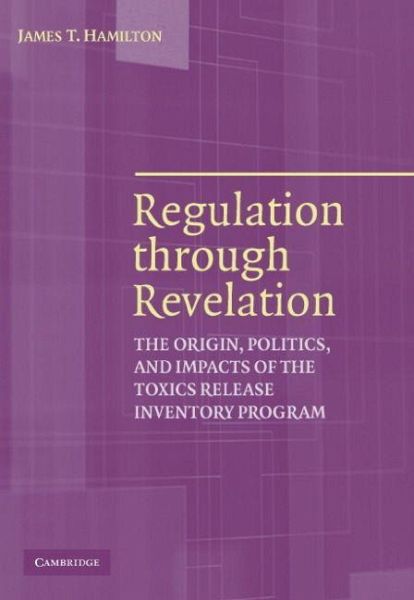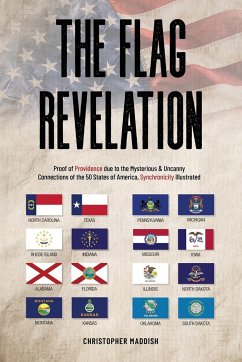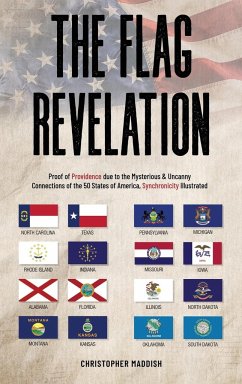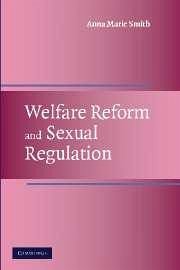
Regulation through Revelation
Versandkostenfrei!
Versandfertig in 1-2 Wochen
58,99 €
inkl. MwSt.
Weitere Ausgaben:

PAYBACK Punkte
29 °P sammeln!
Information provision is increasingly being used as a regulatory tool. The US Environmental Protection Agency's Toxics Release Inventory (TRI) Program required facilities that handle threshold amounts of specific chemicals to report yearly their releases and transfers of these toxic substances. The TRI data have become the yardstick by which regulators, investors, environmental organizations, and local community groups measure company environmental performance. This book, which was originally published in 2005, tells the story of the TRI from its origin and implementation to its revision and r...
Information provision is increasingly being used as a regulatory tool. The US Environmental Protection Agency's Toxics Release Inventory (TRI) Program required facilities that handle threshold amounts of specific chemicals to report yearly their releases and transfers of these toxic substances. The TRI data have become the yardstick by which regulators, investors, environmental organizations, and local community groups measure company environmental performance. This book, which was originally published in 2005, tells the story of the TRI from its origin and implementation to its revision and retrenchment. The mix of case study and quantitative analysis shows how the TRI operates and how the information provided affects decisions in both the public and private sectors. The lessons drawn about the operation of information provision programs should be of interest to multiple audiences.














